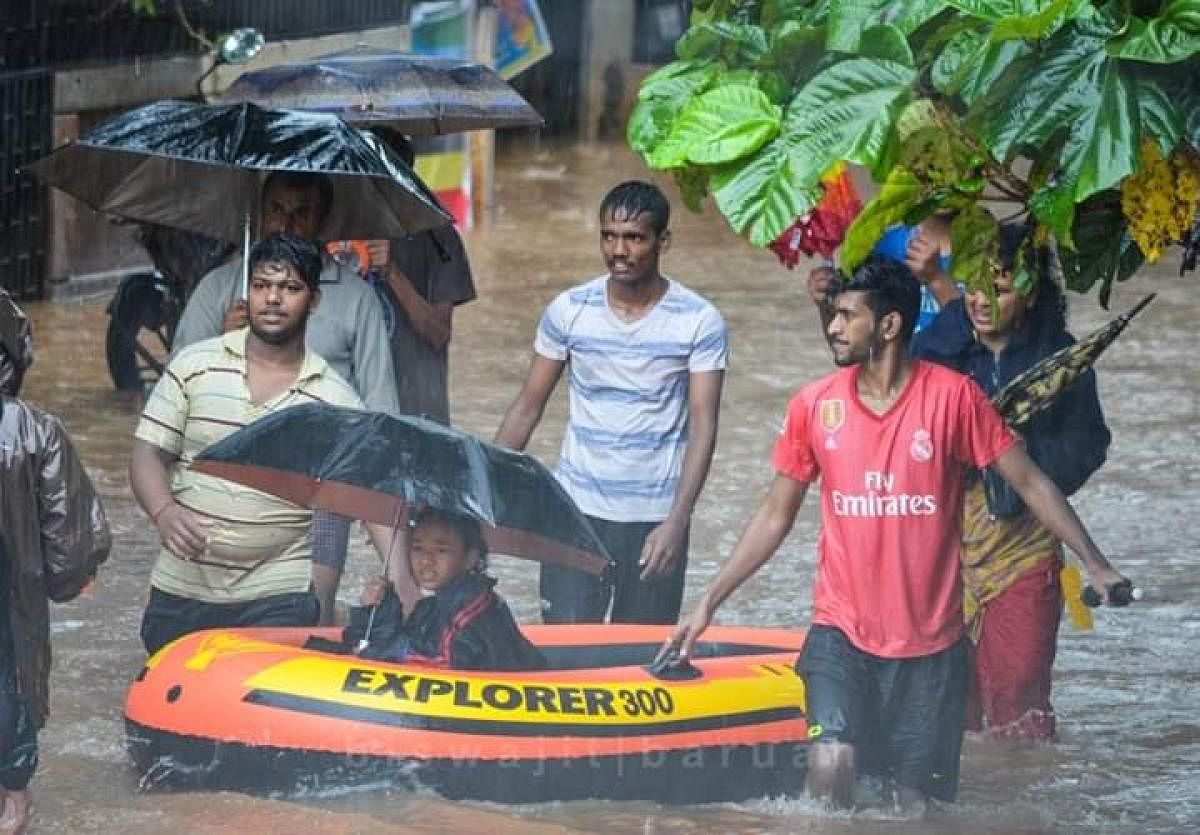
Nearly two years after the Karnataka government notified the good samaritan law, the Centre has followed suit with a set of rules to protect the rights of persons who come forward to help accident victims in the golden hour but has skipped some important guidelines issued by the Supreme Court.
The draft notification by the Ministry of Road Transport and Highways (North) rules, however, are not as comprehensive as The Karnataka Good Samaritan and Medical Professional (Protection and Regulation During Emergency Situations) Act, 2016. The Centre has introduced a separate set of rules for providing cashless treatment for accident victims.
The new notification accords the status of law to the guidelines issued post the Supreme Court order in 2015, which took note of the fact that many deaths on roads are preventable. “The people have the notion that touching the body could lend them liable for police interrogation. Passerby plays safe and choose to wait for the police to arrive whereas injured gradually bleeds to death,” it noted.
Similar to the state government’s law, the draft notification says no police officer shall compel a good samaritan to disclose the name, identity, address or any other detail unless such details are given voluntarily even for the purpose of the medico-legal case.
However, the draft doesn’t mention the protection for medical professionals which is part of the state government’s law, recognised as
India’s first such law. Save Life Foundation, whose 2012 petition in the Supreme Court led to issuing of the guidelines, said the draft rules do not reflect the rigour and spirit of the Supreme Court judgement.
Piyush Tewari, Founder and CEO of the Foundation said as many as seven rights in the SC judgment which ensured protection for Good Samaritans or facilitated their interactions with various stakeholders have not been included in the draft.
“For example, the judgment ensured action against public officials who coerce or intimidate Good Samaritans to reveal his or her name and personal details and appropriate action against public and private hospitals by concerned authorities in case of non-compliance, whereas the draft rules are silent on it,” he stated.